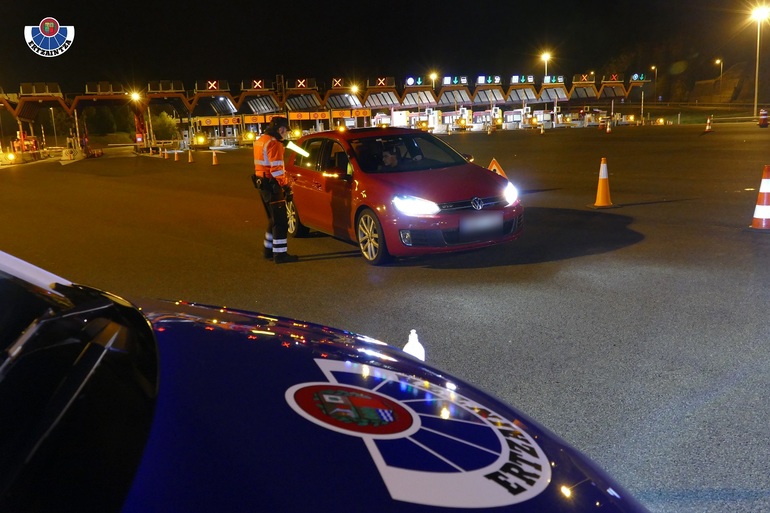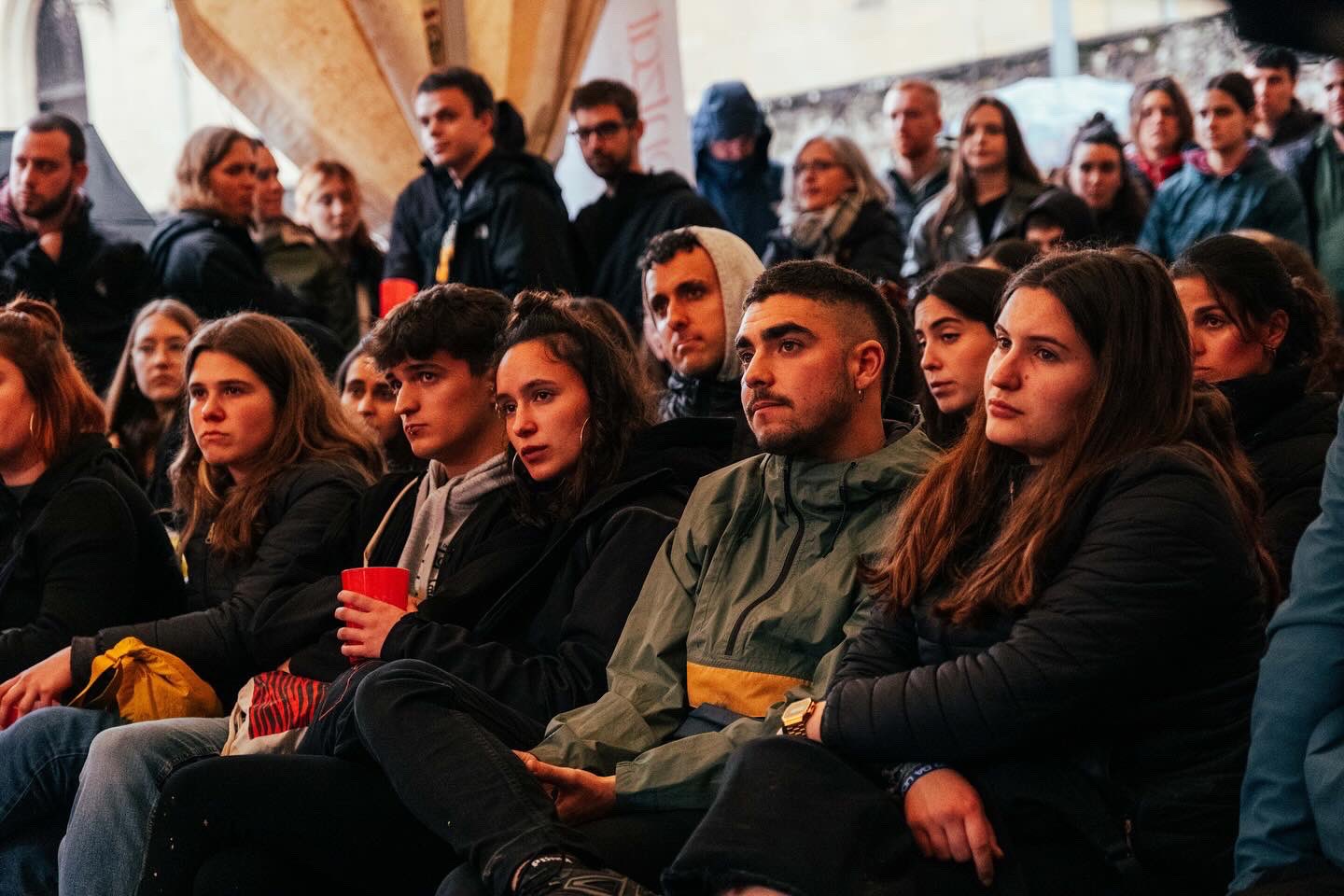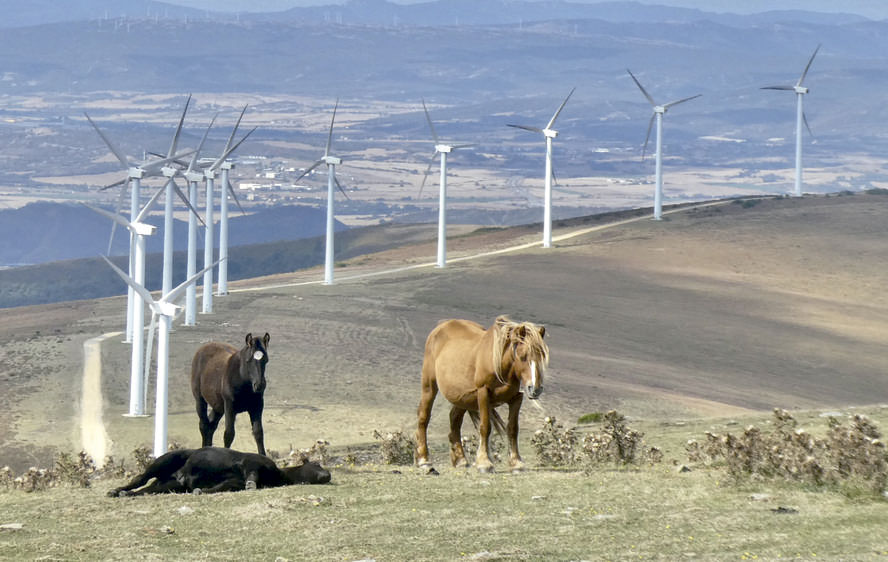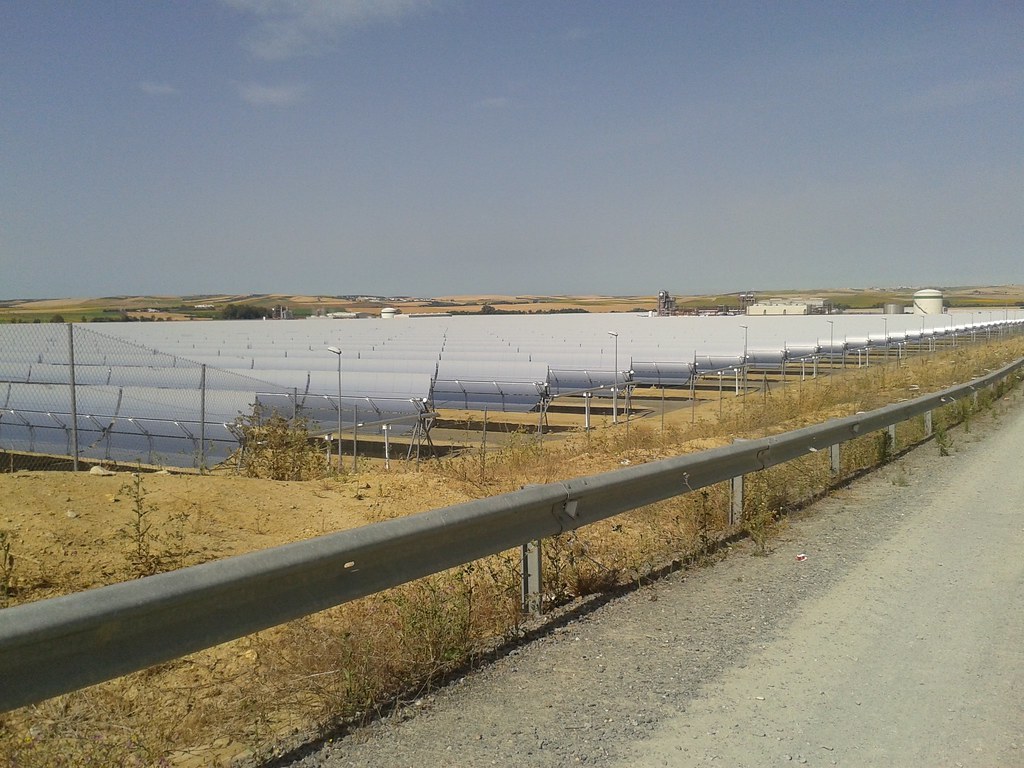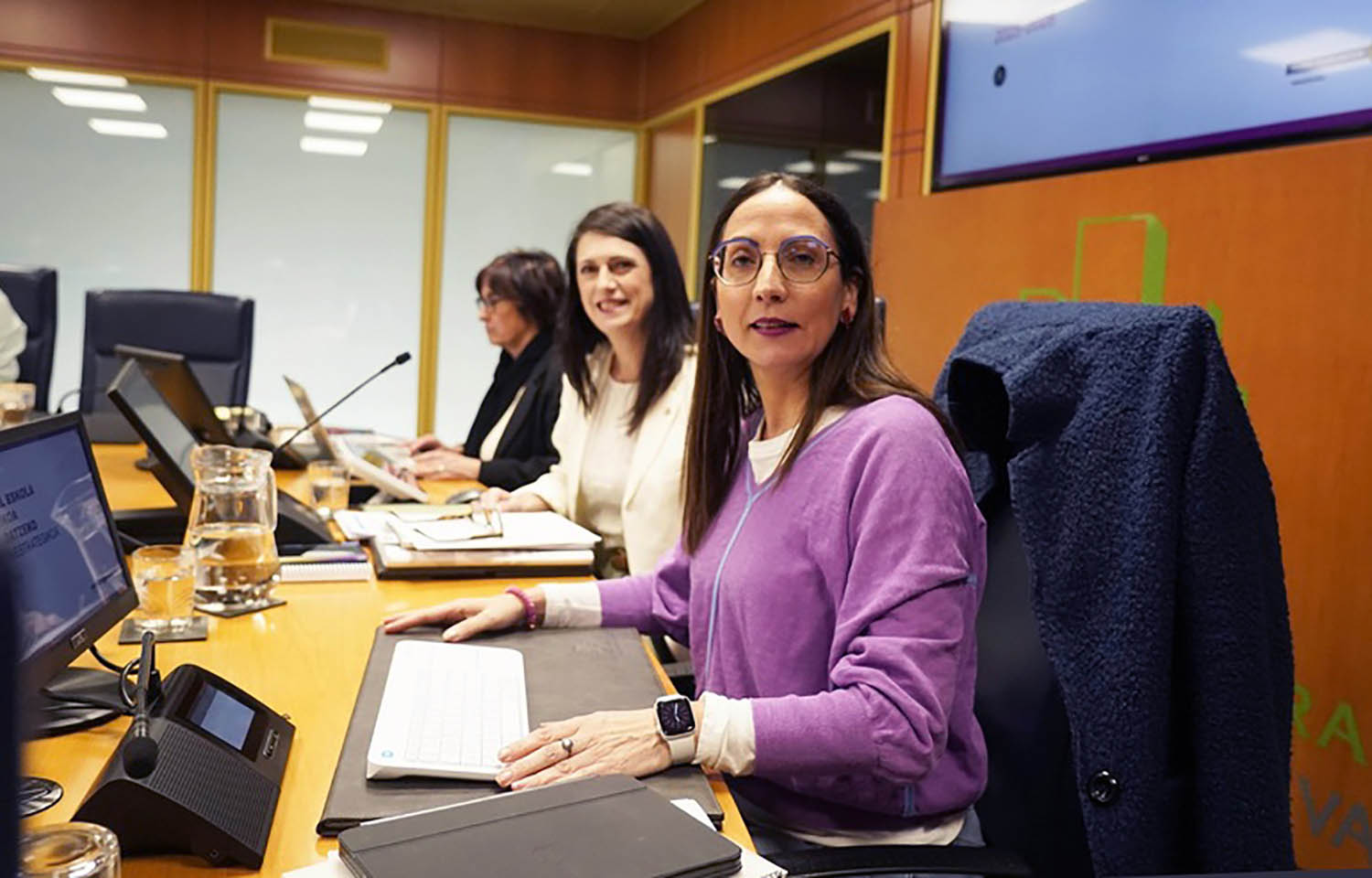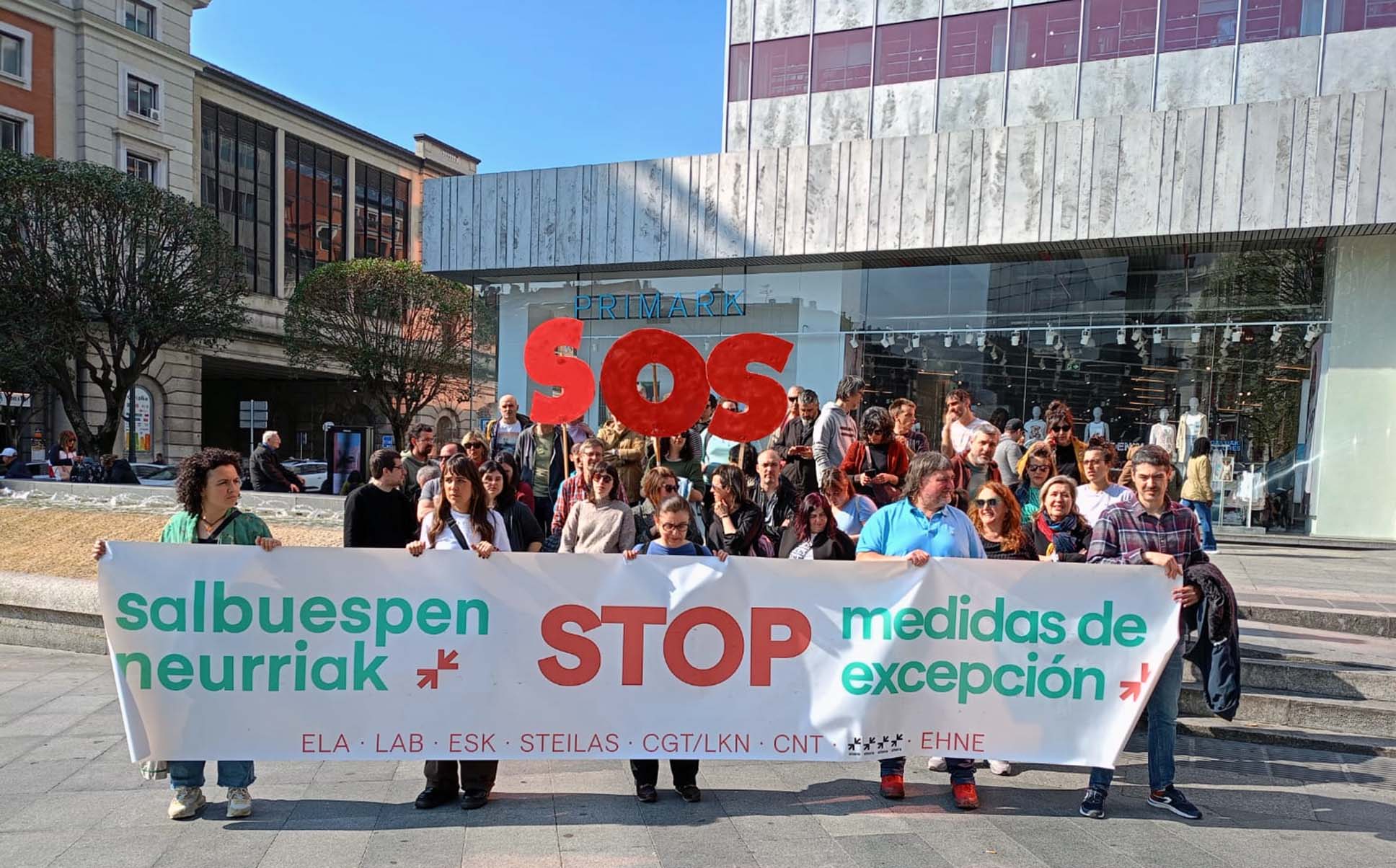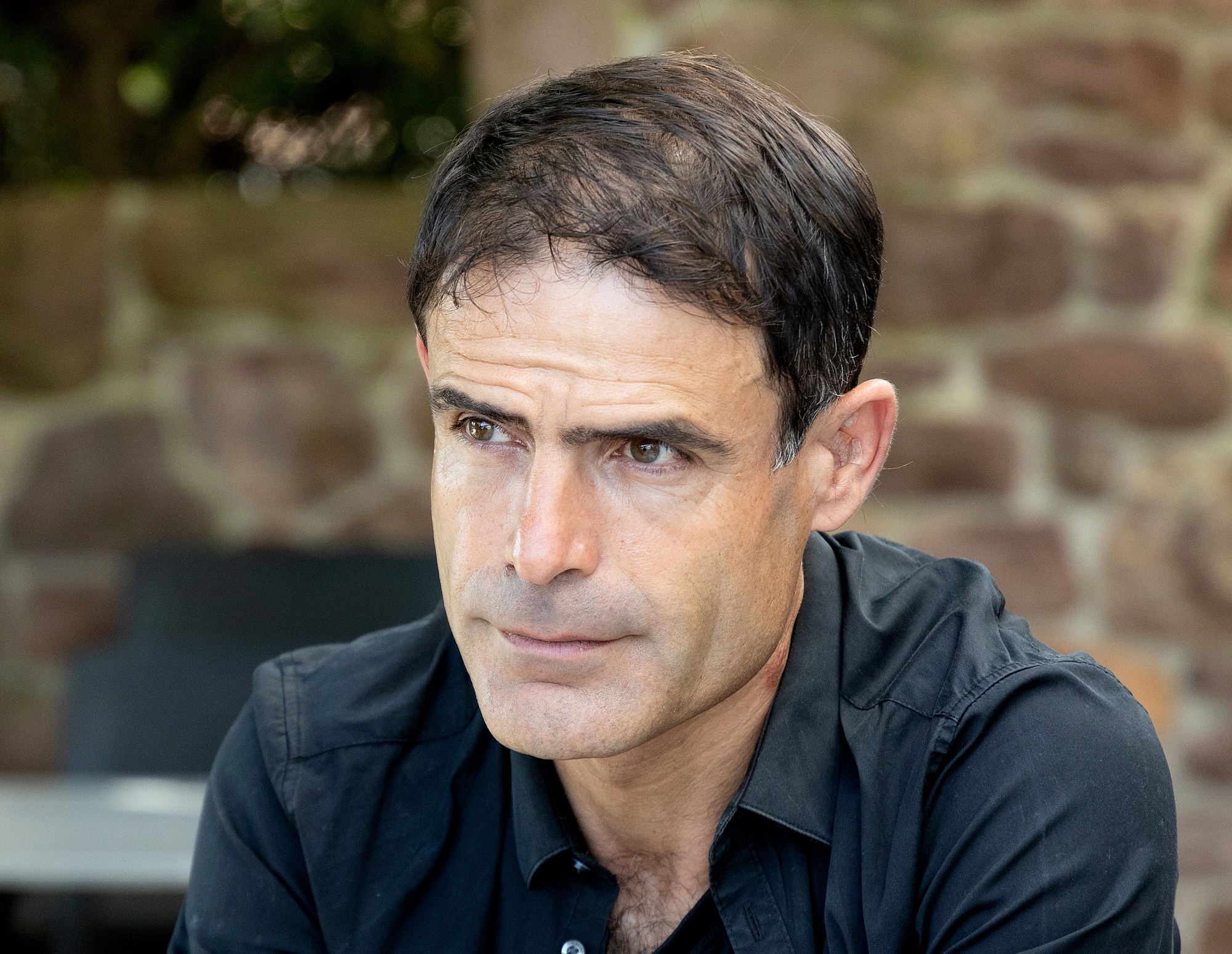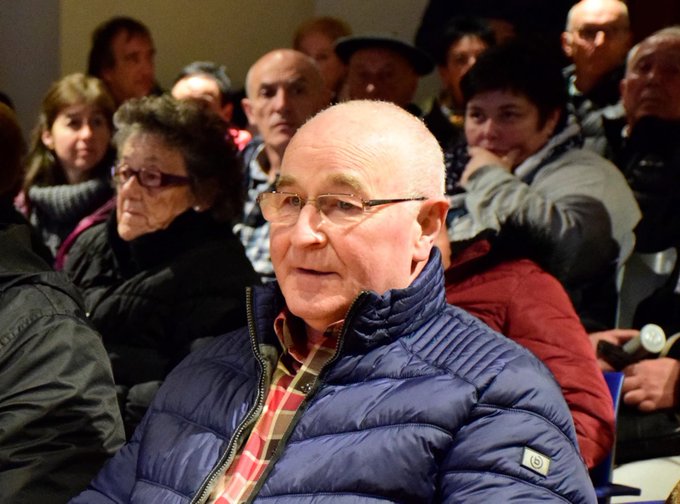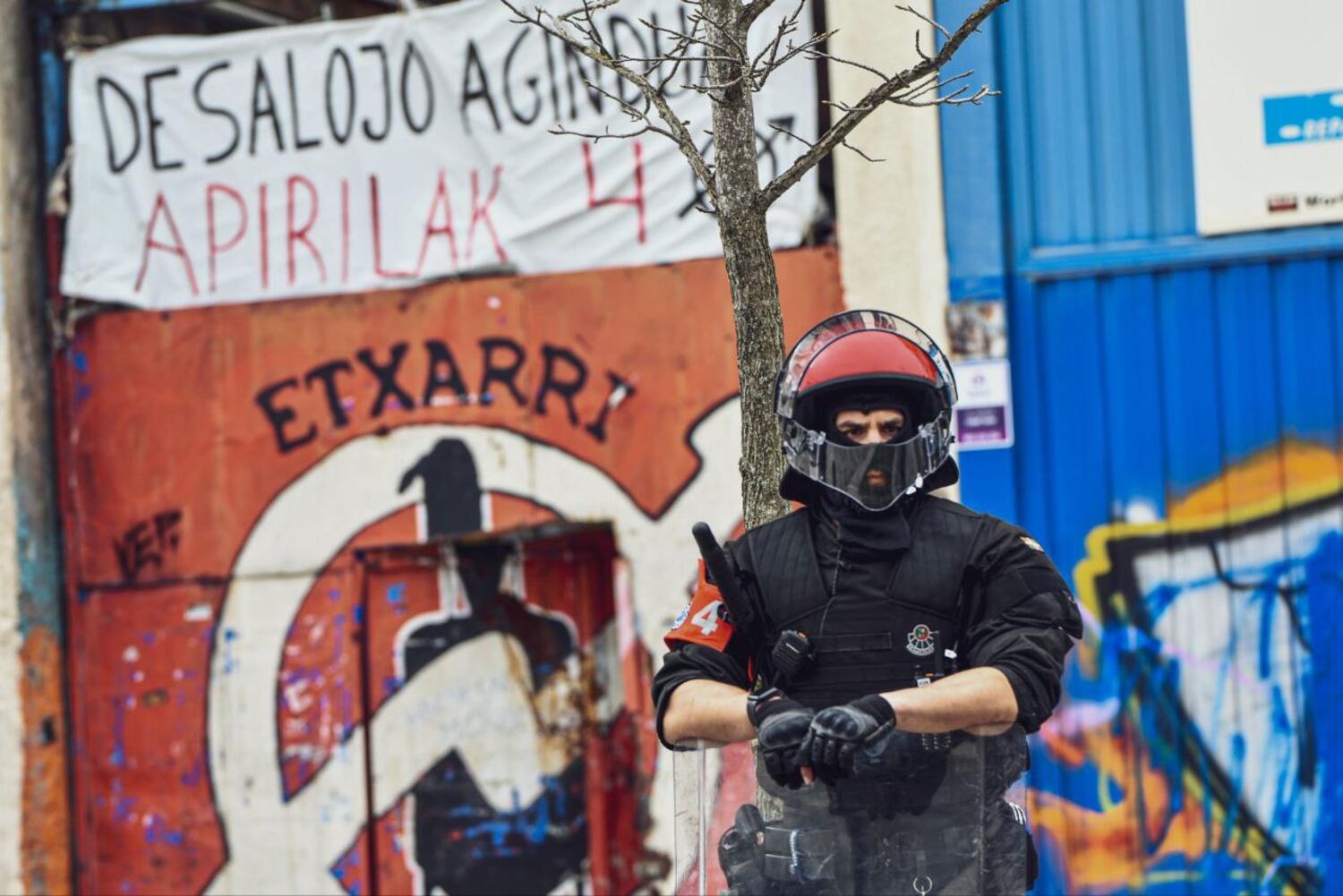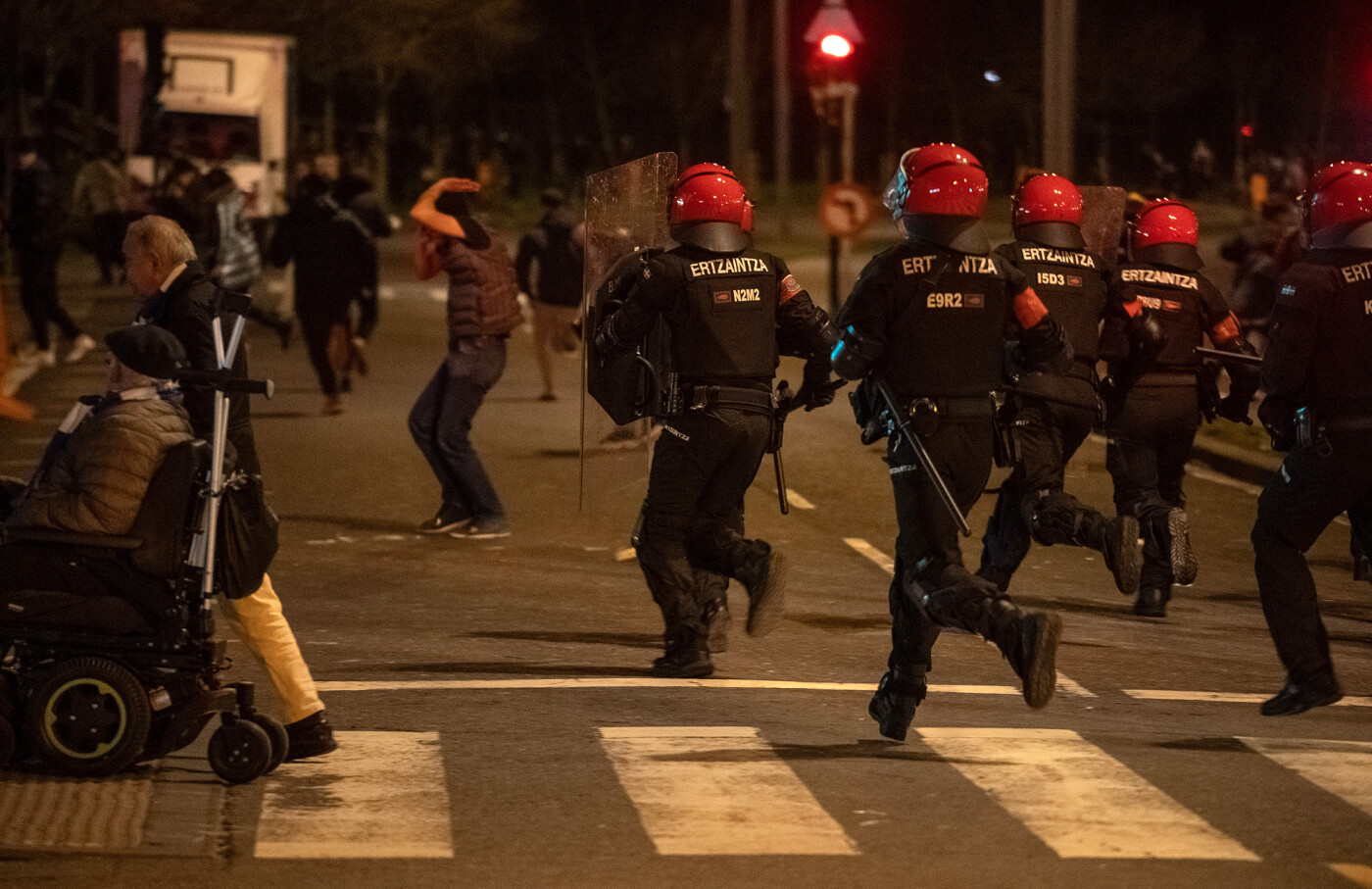For the first time in the Spanish State the Kurdish Workers' Party flags are confiscated by the police.
- Following a mobilisation in Barcelona to denounce the murders of female militants, Mossos d'Esquadra seized the PKK flags, the Kurdistan Workers’ Party, from the EU’s list of terrorist organisations. This has never happened in the Spanish State before with the CCP flags and can respond to the increased persecution of the Kurdish liberation movement.

The inclusion of the PKK in the list of terrorist groups by the European Union in 2002 has led to persecution towards the party, towards the Kurdish liberation movement and towards groups and individuals who join in their fight. "[Participation in social and political initiatives related to the Kurdish conflict] is one of the assumptions to accuse someone of being part of the terrorist organization; legally registered offices, student organizations and social centers are in permanent suspicion," says La Cruz Española, as an example of what happened a year ago to a militant of the Spanish state: the relationship with the ban on access to the state for twenty years.
The fact that the police are starting to seize CPC flags in European countries can be seen as an indicator of increased harassment. In fact, as reported by the media, similar seizures took place in Helsinki, Finland, for the first time in December, and also in the Spanish State, the CCP flag has been beaten for the first time by the police. On 7 January it took place in Barcelona, under the slogan Deu anys d'impunitat: against feminicidis politics (Ten years of impunity: against political femicides), some 200 people protested in the Catalan capital to denounce the murders of female militants that happen around the world, focusing on the Kurdish militants who have murdered in Europe. The killing of three Kurdish militants took place a few days earlier at the Ahmet Kaya cultural centre in Paris, where an armed man on 23 December wounded several people gathered and killed Mir Perwer, Emine Kara and Abdurrahman Kizil. In the same city, ten years ago, Sakine Cansiz, Fidan Dogan and Leyla Saylemez of the Kurdish liberation movement were shot dead at the Kurdistan Information Centre.
At the end of the demonstration, the mosses retained, identified and recorded several militants, including the car carrying the material used in the mobilization. PKK flags were held "without heeding the rest of the flag and symbology", according to La Direct. The media has come to police sources to inform them that the police decided to intervene "by detecting two flags of the terrorist organization classified on the lists of the European Union and the United States". According to what the Police exposed, after the seizures an administrative record is collected that moves to the sanctioning unit. Once this is done, "the intervention is based on the existence of the list, but an instructor official will decide whether it will be sanctioned." Protesters report to La Direct that the confiscation act was lifted under Moorish law.
The journalist at La Direct, Marina Romero, has pointed out that the PKK’s rating as a terrorist organisation facilitates the Erdogan government’s narrowing of European states, boosting the fight against the Kurdish liberation movement. "And it also serves as an excuse to attack with chemical weapons, to carry out cross-border invasions and occupations."
The CPC appealed to the European Court of Justice to remove it from the list of terrorist organisations. However, the court rejects the petition. In the interview given to ARGIA in December about his appointment as a terrorist, he talked about "Classification as a terrorist delegitimizes the struggle. But, ultimately, the fight for self-determination and self-defence is legitimate. There is a war in Kurdistan and the PKK is defending the rights of Kurdish citizens, it is not terrorism. The imperialist states, which deny the rights of the Kurdish people, are terrorists."
Aberri Eguna elkarrekin ospatzeko xedez sortu zen Euskal Herria Batera plataforma. Aurten, ikusgarri bat eskainiko dute apirilaren 11n, Manex Fuchs antzerkilariaren, Lorea Agirre idazlearen eta Martxel Rodriguez dantzariaren eskutik.








